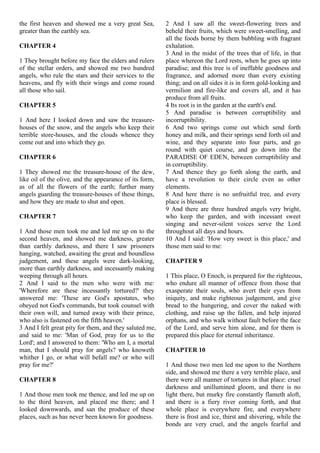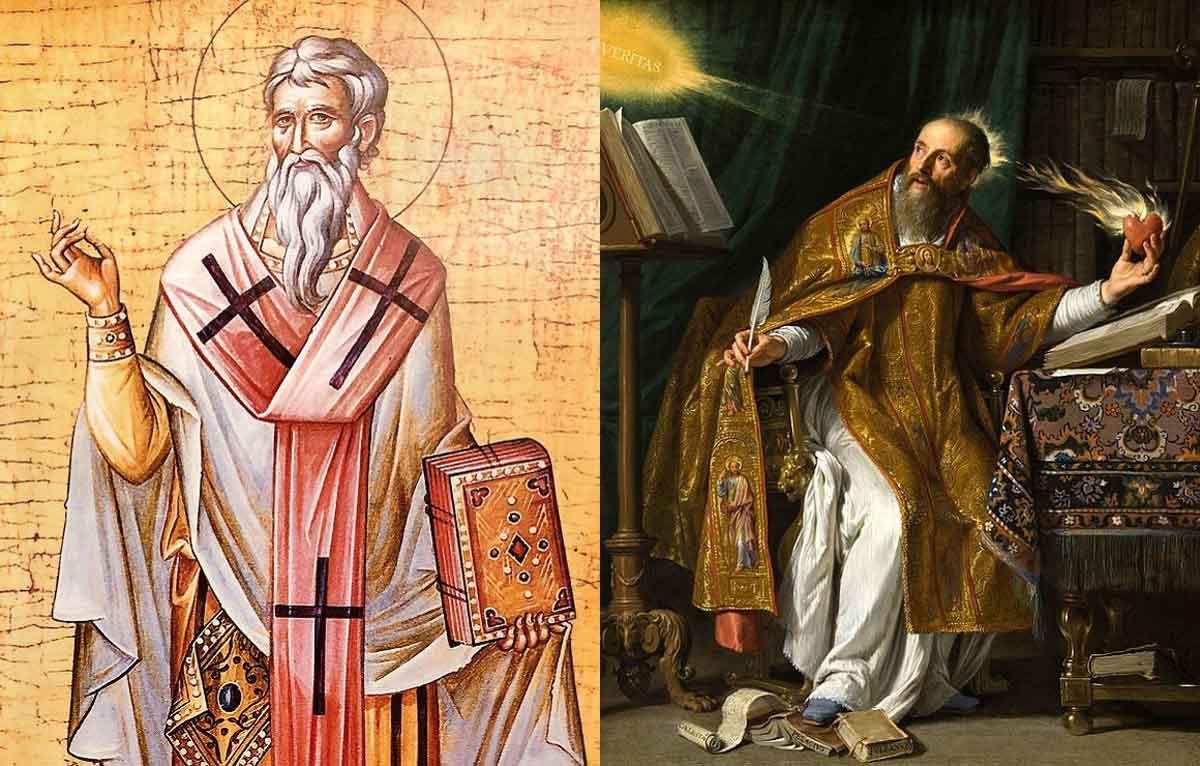The First book of enoch, also known as the Book of 1 Enoch or simply Enoch, is a collection of ancient Jewish apocalyptic writings. It is not included in the canonical Hebrew Bible but has gained significant attention from scholars and the general public for its unique insights into the religious beliefs of its time. The book centers around the figure of Enoch, who is said to have walked with God and was taken up to heaven, and his journey through celestial realms where he gains knowledge and visions of the end times.
Enoch’s story and the apocalyptic visions depicted in the book have captured the imagination of many, leading to numerous interpretations and debates about its origins and meaning. In this article, we will delve into the First Book of Enoch, exploring its historical context, key themes and teachings, influence on early Christianity, modern scholarship and interpretation, and the controversy surrounding its status as sacred scripture.
The Historical Context of the Book of Enoch

The Book of Enoch is a composite work believed to have been compiled over several centuries, dating back to the 3rd century BCE. Its earliest components are thought to have originated with the Jewish community in Palestine during the Hellenistic period, a time when the people of Israel were heavily influenced by Greek culture and ideas.
During this time, there was a growing interest in esoteric knowledge and mysticism among the Jews, which gave rise to apocalyptic literature. This genre of writing focused on revelations of the divine, the end of the world, and the final judgment. The Book of Enoch is one of the most prominent examples of this type of literature, along with the Book of Daniel and the Book of Revelation in the New Testament.
The book’s composition can be divided into five main sections: the Book of Watchers, the Book of Parables, the Book of Heavenly Luminaries, the Book of Dream Visions, and the Epistle of Enoch. Each section presents a different aspect of Enoch’s journey and includes various visions and revelations.
Key Themes and Teachings in the Book of Enoch

The First Book of Enoch is rich with complex theological themes that reflect the religious beliefs and anxieties of its time. These include the nature of God, the creation of the world, the fall of angels, the coming of the Messiah, and the final judgment.
One of the book’s central themes is the fallen angels, known as the Watchers, who were said to have descended from heaven and committed sins on earth. The book portrays these fallen angels as corrupting humanity and leading them astray, resulting in divine punishment and the flood described in the Book of Genesis.
Enoch’s journey also reveals insights into the nature of God, who is depicted as an all-knowing, all-powerful deity, who will ultimately bring judgment upon the wicked and establish a new kingdom of righteousness. This idea of divine justice and the restoration of the cosmos is a prevalent theme in apocalyptic literature and is also found in other texts such as the Dead Sea Scrolls and the New Testament.
The Book of Enoch and Its Influence on Early Christianity

The Book of Enoch has had a significant impact on early Christianity, with several references to it found in the New Testament. For example, the Epistle of Jude quotes directly from the Book of Enoch, and some scholars believe that the author of the Book of Revelation may have been influenced by its apocalyptic visions.
Early Christian communities also held the Book of Enoch in high regard, with some even considering it to be sacred scripture. However, as the church developed and solidified its canon of scripture, the Book of Enoch was not included, likely due to its controversial teachings and non-canonical status among Jewish communities.
The Book of Enoch in Modern Scholarship and Interpretation

The First Book of Enoch was largely unknown to the general public until the 18th and 19th centuries when it was discovered among the Dead Sea Scrolls. These ancient manuscripts, dating back to the 2nd century BCE, contained fragments of the book, sparking renewed interest in its content and significance.
Since then, scholars have been studying the Book of Enoch, trying to unravel its complex history and understand its theological implications. Some scholars argue that the book should be seen as a composite work with different authors and editors over time, while others believe it should be attributed to one author, possibly Enoch himself.
As for its interpretation, there are various approaches, but most agree that the book is highly symbolic and should not be taken literally. Its apocalyptic visions and themes are often seen as reflections of the social and political concerns of the time, rather than predictions of future events.
The Book of Enoch: A Source of Inspiration and Controversy

The Book of Enoch has captured the imagination of many believers and non-believers alike, inspiring works of fiction, art, and music. Its vivid imagery, mystical revelations, and enigmatic figure of Enoch have made it an endless source of fascination and discussion.
However, the book’s non-canonical status and controversial teachings have also sparked debates and controversies, particularly among religious groups. Some have argued that the book should be included in the Bible, while others view it as heretical and incompatible with orthodox beliefs.
Despite its divisive nature, the Book of Enoch continues to hold a place in popular culture, with new translations and interpretations being published regularly. Its enduring legacy serves as a testament to the enduring power of ancient texts to captivate and inspire us, even after thousands of years.
Conclusion
The Book of Enoch is a unique and fascinating text that offers valuable insights into the religious beliefs and concerns of its time. Its enigmatic figure of Enoch and apocalyptic visions have captured the imagination of many, while its complex history and diverse theological themes continue to intrigue scholars and readers.
Through its depiction of the fall of angels, the nature of God, and the end times, the Book of Enoch sheds light on the ancient world’s anxieties and hopes. And though it may not be included in the Hebrew Bible, its influence on early Christianity and modern scholarship cannot be denied. Whether one sees it as a sacred scripture or simply a work of imaginative literature, the Book of Enoch remains an essential piece of ancient apocalyptic literature that continues to spark discussions and debates to this day.
